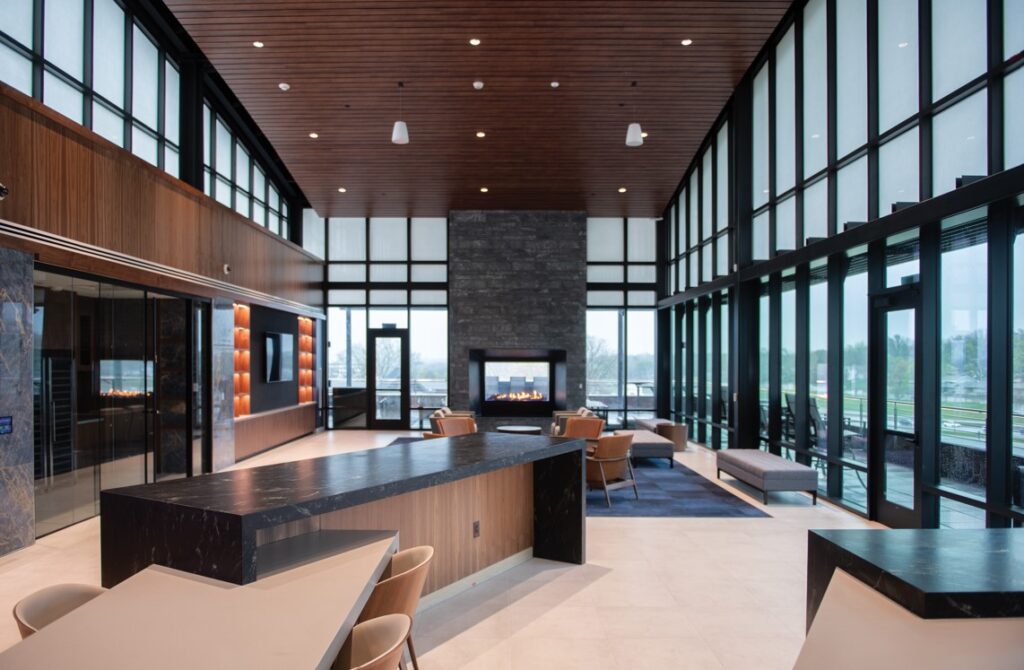NOTEBOOK: Project might be ‘fantastic,’ but it follows an old routine

The West Des Moines City Council approved a consent agenda Monday that contained a fantastic project, we think, but even after it got the green light, its nature remains something of a secret.
Consent agendas, for those of you who don’t find the agendas of public bodies on your weekly or biweekly reading lists, are a time-saving device where items considered so routine they would lull even the most diehard public eye into a stupor are placed for a single vote.
On Monday, there were 29 such items, including approval of eight liquor licenses, the minutes from the Nov. 26 City Council meeting, a bill list, and a proclamation declaring Monday Human Rights Day.
Clearing away all of that clutter with a single vote is a tidy way to do business. There is no debate.
Item 4(r) was reserved for Project Fantastic. Here’s what we know from a three-page report in the City Council packet. The project will be located in the Coachlight Drive Urban Renewal Area and the city will provide a property tax rebate as its mandated contribution to development incentives under the state of Iowa’s High Quality Jobs Program. Project Fantastic wants to “expand their operations and construct a new building in the city,” according to the resolution approved by the City Council.
The property tax rebate will be tied to the creation of 200 jobs, which, you have to admit, sounds pretty fantastic.
There is a rub, one that has become familiar to anyone who follows economic development projects in Greater Des Moines. Other than a few folks at City Hall, probably the Greater Des Moines Partnership and the Iowa Economic Development Authority, the City Council committed property tax rebates for a project that is a well-kept secret. We list the usual suspects because this has all happened before, sometimes with fantastic results for fans of big data centers.
Clyde Evans, the longtime director of community and economic development for the city of West Des Moines, is no stranger to development projects that remain anonymous up to the day the final incentive package is announced. He has said such anonymity is part of the economic development game.
All three Microsoft Corp. data center projects carried clever, identity-concealing names. Sure, a few folks at City Hall know who is behind the moniker, sometimes only after some keen observation — a “property of Microsoft” label on a laptop being the clue on the first Microsoft project, code-named Project Mountain. In Altoona, the Facebook Inc. data center continues to operate under the name Siculus Inc. Clever, maybe, but not fantastic.
Evans said in an email that he can’t say much about Project Fantastic, except that it will be on the Dec. 21 IEDA board agenda.







